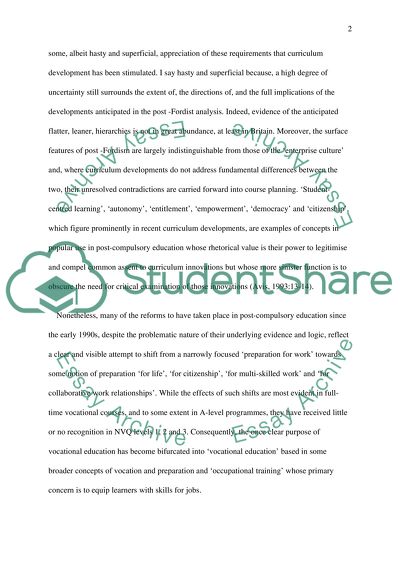Cite this document
(“Post-Compulsory Education Essay Example | Topics and Well Written Essays - 3250 words”, n.d.)
Retrieved from https://studentshare.org/education/1528994-post-compulsory-education
Retrieved from https://studentshare.org/education/1528994-post-compulsory-education
(Post-Compulsory Education Essay Example | Topics and Well Written Essays - 3250 Words)
https://studentshare.org/education/1528994-post-compulsory-education.
https://studentshare.org/education/1528994-post-compulsory-education.
“Post-Compulsory Education Essay Example | Topics and Well Written Essays - 3250 Words”, n.d. https://studentshare.org/education/1528994-post-compulsory-education.


